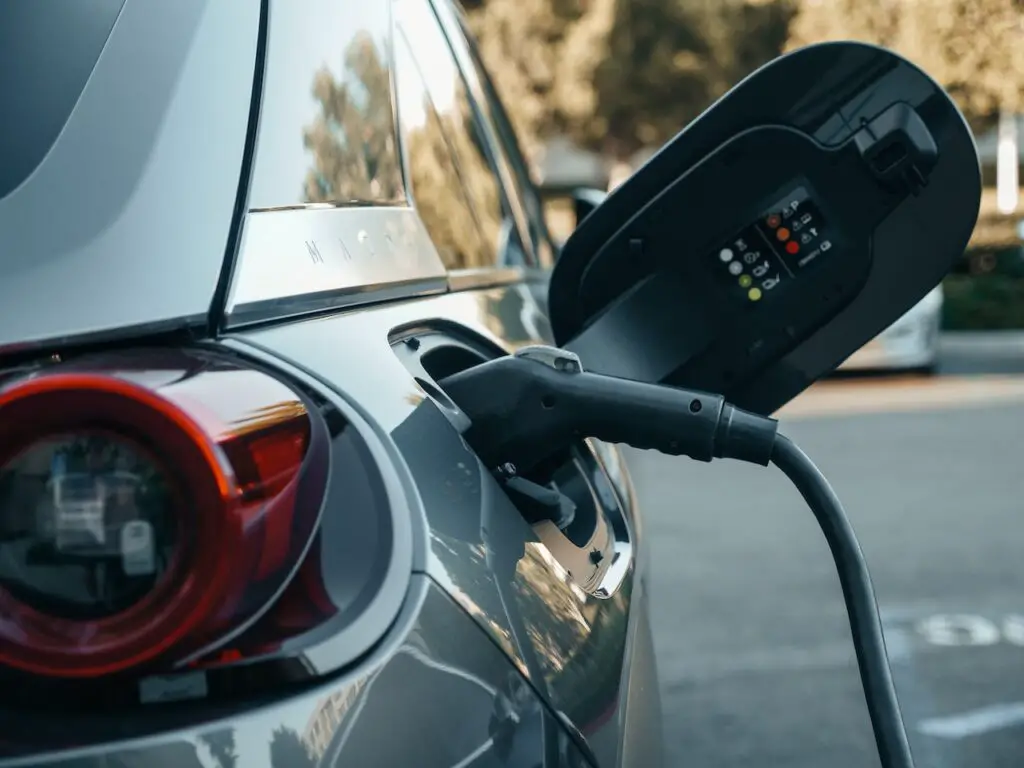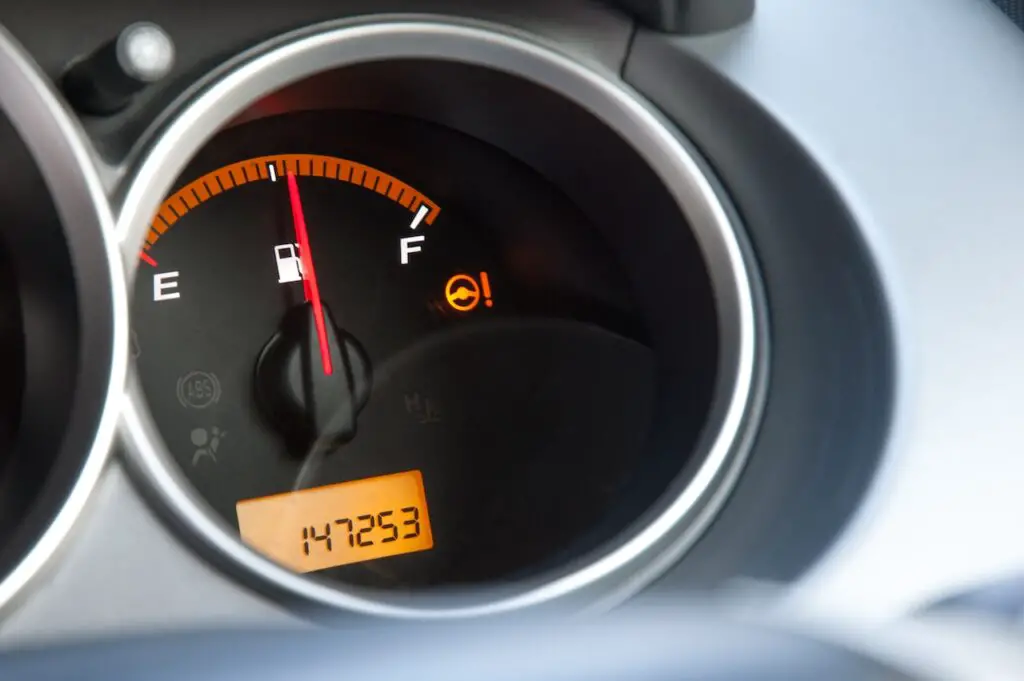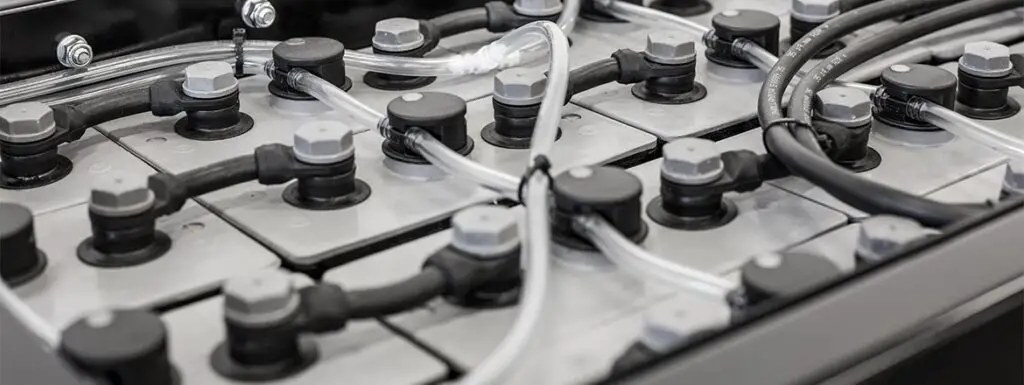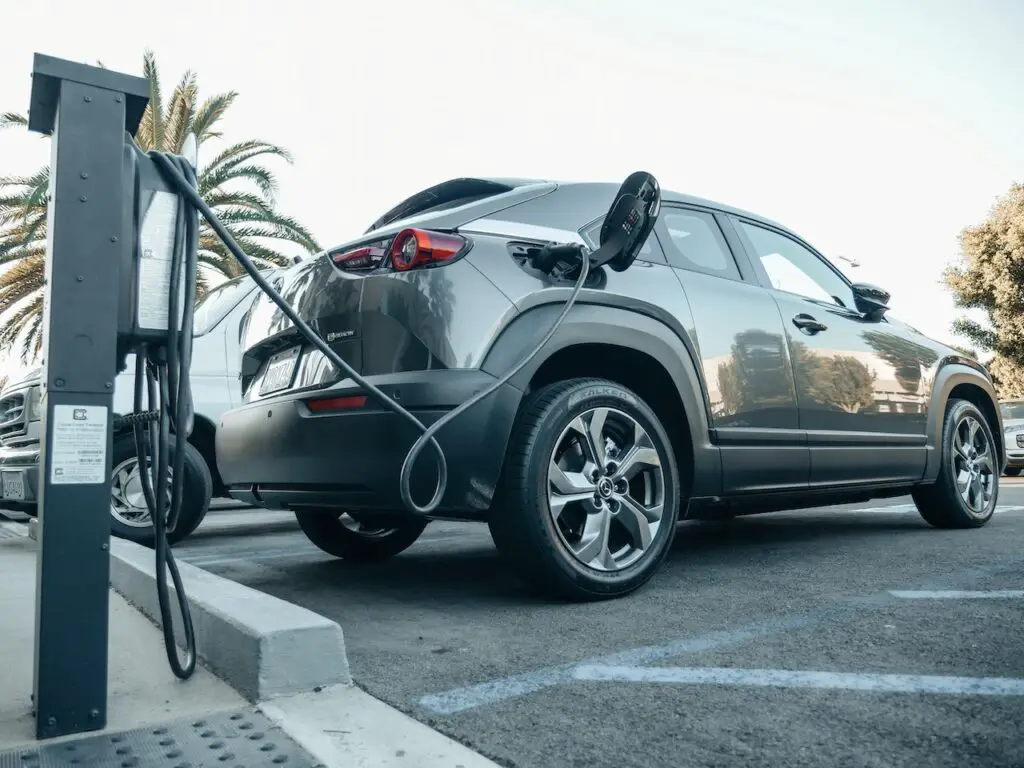Hybrid cars have been growing in popularity over the years as a more fuel-efficient and environmentally friendly alternative to traditional gasoline-powered vehicles. However, there is still some confusion among consumers about whether hybrid cars use gas at all. The answer is yes, but in a different way than traditional gas cars.
Hybrid cars use a combination of gas and electric power to run their engines. The gas engine is used to power the car at higher speeds and to recharge the battery when it runs low. The electric power is supplied by a battery, which is charged through regenerative braking and the gas engine. This combination of gas and electric power allows hybrid cars to achieve better fuel efficiency and lower emissions than traditional gas cars.
Despite the use of gas, hybrid cars are still a great option for those looking to reduce their carbon footprint and save money on gas. In this article, we will explore in more detail how hybrid cars use gas, how they achieve better fuel efficiency, and the benefits of owning a hybrid car.

How Hybrid Cars Work
Hybrid cars are vehicles that use both gasoline engines and electric motors to power the vehicle. The gas engine and electric motor work together to provide the benefits of both gas and electric propulsion. Below are the three main components of a hybrid car:
Gasoline Engine
The gasoline engine in a hybrid car is similar to the engine in a conventional car. It is responsible for providing power to the car and is used when the battery is low or when the car needs extra power. Most hybrids use small, efficient four-cylinder gas engines. However, some SUVs, sports cars, or luxury-car hybrids are designed to be performance boosters and use V6 or V8 engines.
Electric Motor
The electric motor in a hybrid car is used to assist the gas engine in powering the vehicle. It can also be used to power the car on its own at low speeds or when the battery is charged. The electric motor is powered by a battery that is charged by the gas engine, through regenerative braking or from an external power supply if the vehicle is defined as a plug-in hybrid (PHEV).
Battery
The battery in a hybrid car is used to store energy that is generated by the gas engine and the electric motor. It is also charged through regenerative braking, which recaptures energy normally lost during coasting or braking. Most hybrids now use lithium-ion (Li-ion) batteries, which are lighter and more efficient than traditional lead acid car batteries normally used to start traditional gas vehicles.
Types of Hybrid Cars
Full Hybrid
A full hybrid car uses both an electric motor and a gasoline engine to power the vehicle. The electric motor is used for low-speed driving, while the gasoline engine is used for higher speeds. The car’s computer system determines which power source to use based on the driving conditions. When the car is stopped, the gasoline engine shuts off to save fuel, and the electric motor takes over. Examples of full hybrid cars include the Toyota Prius and the Ford Fusion Hybrid.
Mild Hybrid
A mild hybrid car has an electric motor that assists the gasoline engine, but it cannot power the car on its own. The electric motor helps the gasoline engine run more efficiently, which saves fuel. The car’s computer system determines when to use the electric motor to assist the gasoline engine. Examples of mild hybrid cars include the Honda Insight and the Chevrolet Malibu Hybrid.
Plug-In Hybrid
A plug-in hybrid car has a larger battery than a full or mild hybrid car, which allows it to be charged from an external power source. The car’s electric motor can power the vehicle for a certain distance before the gasoline engine kicks in. The car’s computer system determines when to use the electric motor and when to use the gasoline engine. Examples of plug-in hybrid cars include the Chevrolet Volt and the BMW i3.
Overall, hybrid cars are a great option for those who want to save money on fuel costs and reduce their carbon footprint. By understanding the different types of hybrid cars, you can choose the one that best fits your needs and lifestyle.
Do Hybrid Cars Use Gas?
Yes, hybrid cars use gas. However, they also use an electric motor and a battery to help improve fuel efficiency and reduce emissions. The gas engine in a hybrid car works in conjunction with an electric motor to provide power to the wheels.
Most hybrid cars on the market today use a small, efficient four-cylinder gas engine. However, some hybrid SUVs, sports cars, and luxury cars may use larger V6 or V8 engines for performance purposes.
It’s important to note that while hybrid cars do use gas, they typically use less of it than traditional gas-powered cars. The electric motor in a hybrid car helps to supplement the power provided by the gas engine, which can help improve fuel economy and reduce the amount of gas needed to power the car.
Additionally, some hybrid cars are able to run on electric power alone for short distances, which can further reduce the amount of gas used. However, it’s important to keep in mind that hybrid cars still rely on gas for extended driving, and will need to be refueled like any other gas-powered car.
Fuel Efficiency of Hybrid Cars
Gasoline Consumption
Hybrid cars use both gasoline and electricity to power their engines. The gasoline consumption of a hybrid car depends on the type of hybrid car and the powertrain ratio. Most hybrids have a gas mileage of between 48 and 60 miles per gallon, which is 30% more fuel-efficient than a conventional gasoline vehicle. However, the exact fuel consumption varies depending on the type of hybrid car.
Electric Consumption
Hybrid cars use electric motors to supplement their gasoline engines. The electric consumption of a hybrid car depends on the battery size and the driving conditions. In some hybrids, the electric motor alone propels the vehicle at low speeds, where gasoline engines are least efficient. This reduces wasted energy from idling.
Combined Consumption
Hybrids are more efficient than comparable conventional vehicles, especially in stop-and-go driving, due to the use of regenerative braking, electric motor drive/assist, and stop-start technologies. The combined fuel efficiency of a hybrid car is the average of its gasoline and electric consumption. The exact combined fuel efficiency varies depending on the type of hybrid car and the driving conditions.
Advantages of Hybrid Cars
Environmental Benefits
One of the biggest advantages of hybrid cars over gasoline-powered cars is that they are environmentally friendly. Hybrid cars produce fewer emissions than traditional cars since they use both gasoline and electric power. This means that hybrid cars are less harmful to the environment and contribute less to air pollution.
Hybrid cars also have better gas mileage than gasoline-powered cars. This means that they use less fuel, which reduces the amount of carbon dioxide and other greenhouse gases that are released into the atmosphere. This makes hybrid cars a great option for those who want to reduce their carbon footprint and help protect the environment.
Cost Savings
Hybrid cars can help you save money in the long run. While hybrid cars may be more expensive upfront, they can save you money on fuel costs. Hybrid cars use less fuel than gasoline-powered cars, which means you’ll spend less money on gas over time.
Some states also offer tax incentives for purchasing hybrid cars, which can help offset the higher upfront cost. Additionally, hybrid cars may have a higher resale value than traditional cars, which can help you save money if you decide to sell your car in the future.
Performance
Hybrid cars can offer excellent performance and acceleration. While most hybrid cars switch between the gas and electric motors to increase efficiency, some hybrids can use both gasoline and electric power at the same time to increase performance and provide a smooth and powerful driving experience.
Hybrid cars also have advanced features like automatic start-stop systems, which automatically turn off the engine when the car is idling. This helps reduce fuel consumption and emissions, which can help improve the performance of the car.
Disadvantages of Hybrid Cars
Higher Upfront Cost
One of the main disadvantages of hybrid cars is that they typically have a higher upfront cost than traditional gas-powered vehicles. This is due to the complex technology used in hybrid cars, which can be expensive to manufacture and install. However, this cost can be offset by the long-term savings in fuel costs.
Maintenance and Repair Costs
Hybrid cars also tend to have higher maintenance and repair costs compared to gas-powered vehicles. This is because hybrid cars have two power sources, which require specialized knowledge and equipment to repair. Additionally, hybrid batteries may need to be replaced after a number of years, which can be a costly expense.




